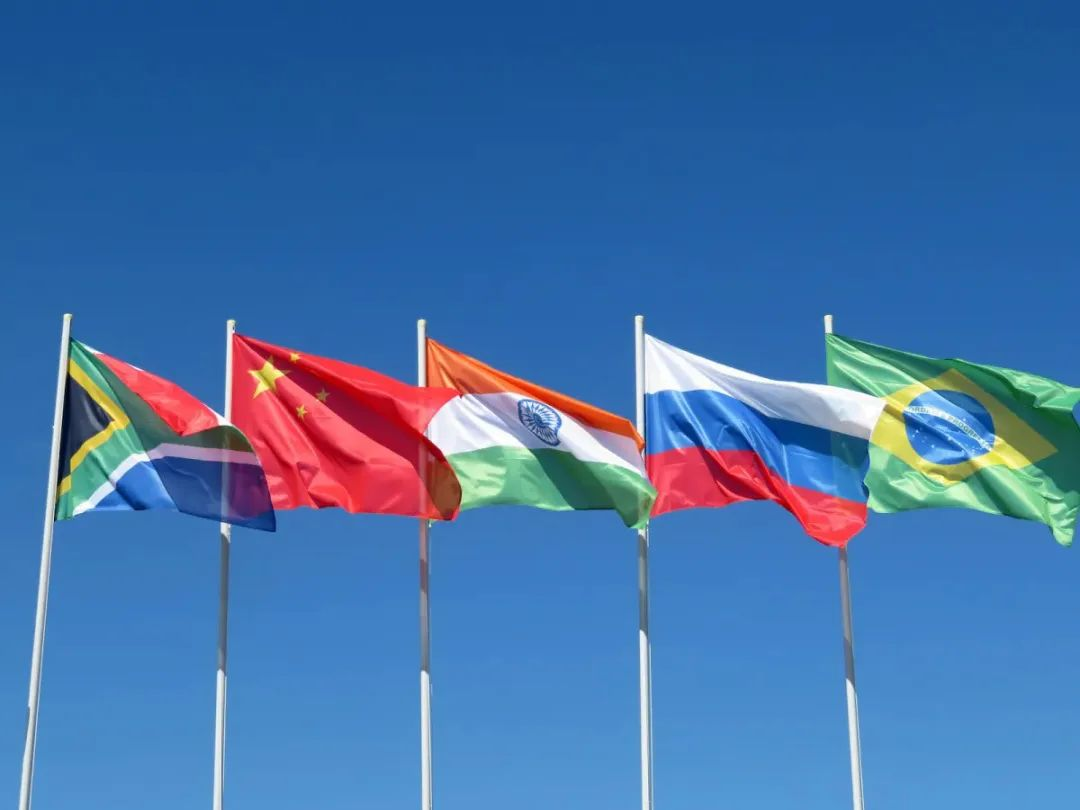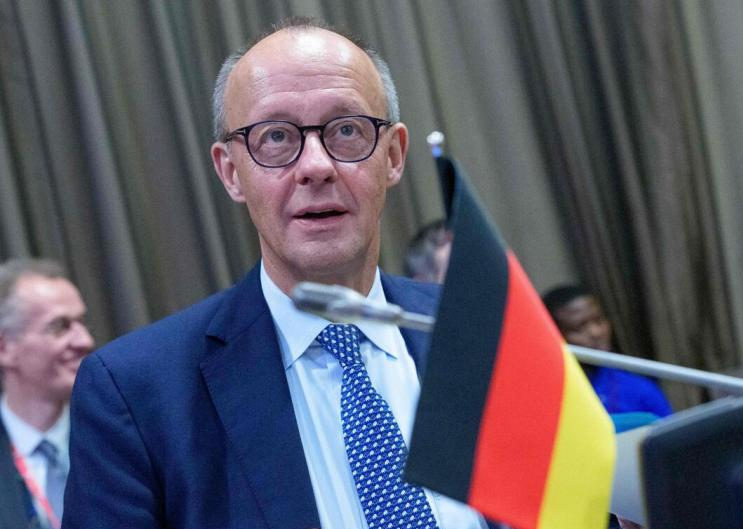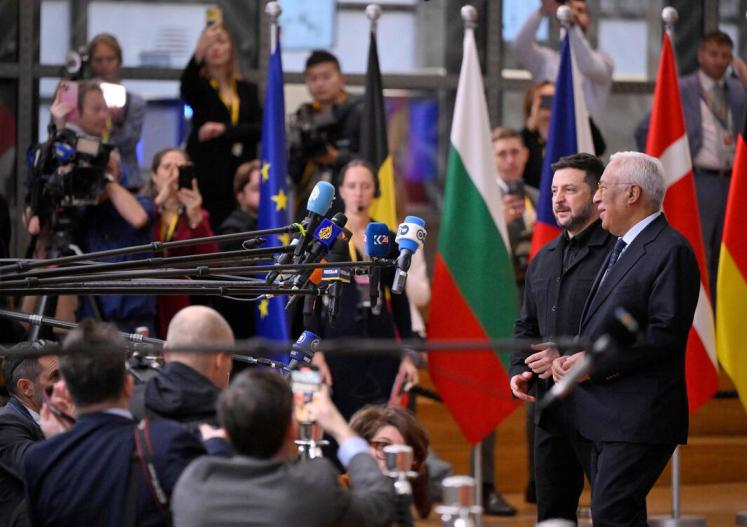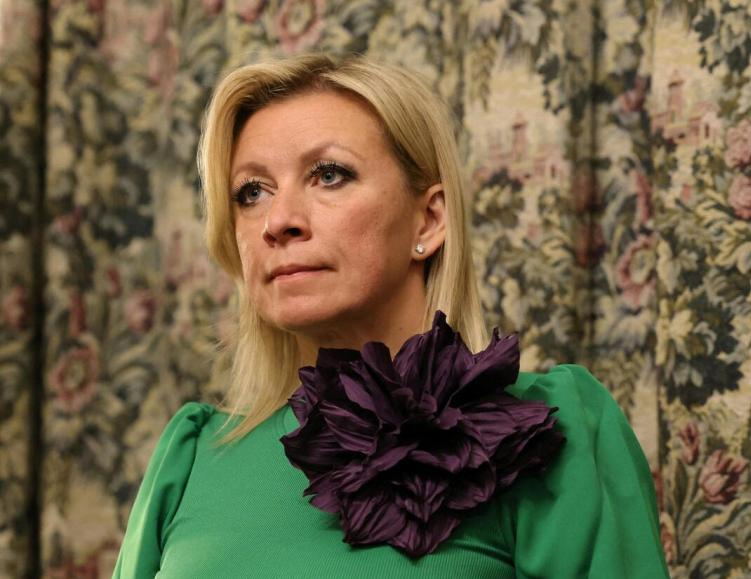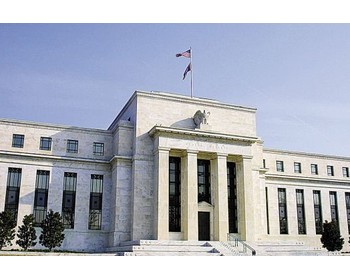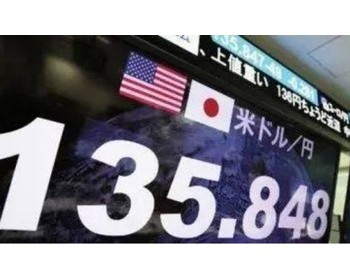On January 31, South African Foreign Minister Pandol said that after receiving an invitation last year, Saudi Arabia, Iran, Egypt, the United Arab Emirates and Ethiopia have confirmed that they have joined the BRICS cooperation mechanism and become full members. Russia, which took over the BRICS chairmanship from South Africa this year, has so far received written applications from 34 countries wanting to join the group, Pandor said. Brics foreign ministers are working on a so-called "BRICS partnership model" to accommodate the 17 countries that have not yet been accepted as full members.
Russian Deputy Foreign Minister Sergei Ryabkov said that the expansion of the BRICS membership will help build a more equal and just multipolar world order, and all BRICS countries will benefit from the expansion. During the Russian presidency of BRICS, the focus will be on financial and economic cooperation, urging all parties to explore increasing the use of national currencies in cross-border transactions and diversifying payment instruments, and strengthening the role of developing countries in international finance.
The BRICS foreign ministers' meeting will be held in June in the western Russian city of Nizhny Novgorod. Another 34 countries have applied to join the BRICS Group, which shows that this is a widely recognized international organization. There are multiple reasons why so many countries want to join the BRICS.
First of all, the Russia-Ukraine conflict, the Palestinian-Israeli conflict and other multi-front wars caused the collapse of the Western value system. According to statistics, the current round of Israeli-Palestinian conflict has killed 27,000 Palestinians. The United States, however, argues that Israel is defending itself. The United States was the only member of the Security Council to oppose the truce in Gaza and has provided Israel with large amounts of ammunition to support its massacres of Palestinians. The United States openly stands against the world and defends Israel, making the set of values and civilization system that the United States promotes a joke. More and more countries realize that only by joining the collective of emerging countries can they fight hegemony as a team.
The second is that the BRICS countries promote continuous cooperation in the field of local currency settlement and cross-border payments, playing an increasingly important role in countering the financial hegemony of the US dollar. In recent years, there have been more and more cases of abuse of financial sanctions by the United States, making those countries with a lot of dollar financial assets worried about the future fate of their dollar assets. A typical example is that after the Russia-Ukraine conflict, the United States kicked Russia out of the settlement system and froze $300 billion of Russian assets, which is tantamount to being controlled by the United States. As long as a non-US dollar settlement system is established among the BRICS countries, their economic development will get rid of the constraints of the US dollar, and more and more southern countries will participate in this monetary cooperation mechanism in the future, and the global financial system will experience great changes.
Thirdly, joining the BRICS will help the majority of emerging countries safeguard their own development rights and interests and conform to the trend of globalization. Out of the need to safeguard its own economic and political interests, the United States has engaged in a major global decoupling and chain breaking, which has affected the world's industrial and supply chains. The desire of countries to develop their economies is very strong, but it cannot affect the West, only to find their own organization in the emerging economies, under the influence of the team, to get the world back on track.
As the most important platform for solidarity and cooperation among developing countries, BRICS cooperation bears the high expectations of developing countries. More and more countries have applied to join the BRICS cooperation mechanism, which fully shows that the BRICS cooperation mechanism has won wide recognition and support, and its influence and appeal are growing. At a time when the world is undergoing profound changes unseen in a century, emerging markets and developing countries are playing an increasingly important role in global governance. Under the new circumstances, it is all the more important for BRICS countries to stand on the right side of history and on the side of human civilization and progress, open their doors to development and cooperation, and ensure the success of the BRICS cooperation mechanism.

